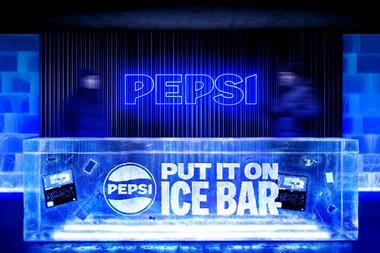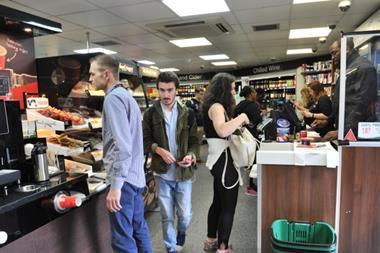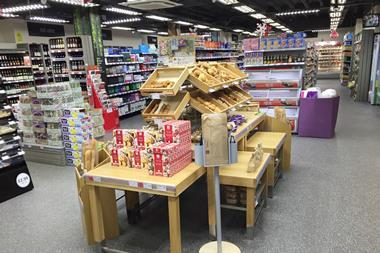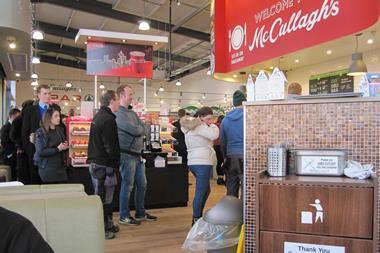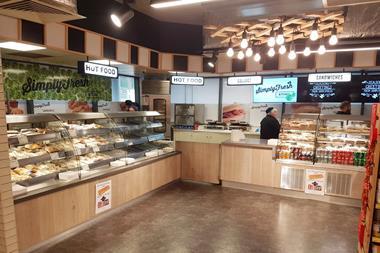Green machine
2012-06-07T12:53:00

Budgens Bow is slashing its energy bills with a cutting edge heat reclaim system.
ALREADY HAVE A REGISTERED USER ACCOUNT? PLEASE LOG IN HERE
To read the full story join the ConvenienceStore.co.uk community today!
Registration is quick and easy and provides access to:
- Unlimited ConvenienceStore.co.uk articles
- Our great range of newsletters
- Content you’ve saved for later via the ‘my library’ feature
And much more…
Related articles
More from Convenience Nation
Unlimited Access + Newsletters
Register today to gain unlimited access to articles and to receive our great range of email newsletters.





















